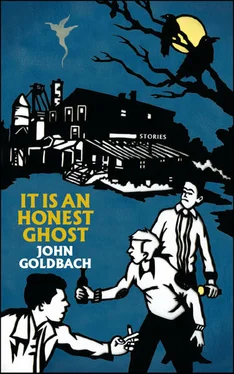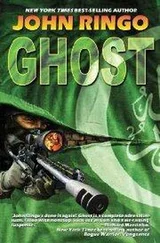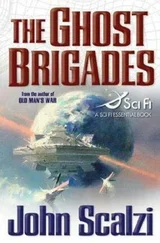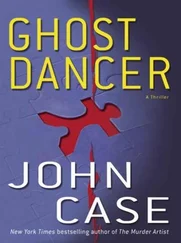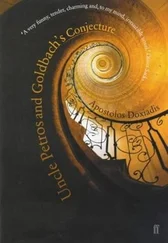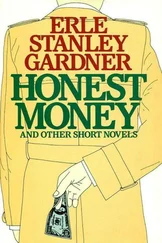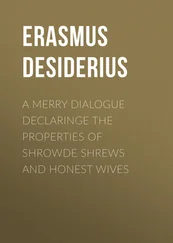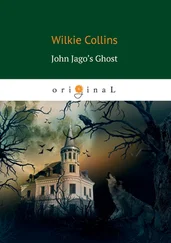We drank beer and talked about art mainly; MC Karen’s aspirations as an artist, specifically, bringing Kenyan music to the world, inspiring and healing the lonely, the hurt and the sick. She told me about Sheng , namely, the mixing of Kiswahili and English, in the hip-hop movement in Nairobi. Motivating people out of apathy, she said. Making people rejoice in their Creator’s glory , she said. Empathy, she said, creating a sense of empathy for her fellow man, that was the task of the artist. I asked MC Karen her last name.
‘Nyangweso,’ she said.
‘That’s a beautiful name,’ I said.
‘I’m Luo, like Barack Obama,’ she said, raising a fist. ‘Like Raila Odinga.’
MC Karen told me that as an artist she’s a warrior.
‘I’m not much of a warrior,’ I said, shyly, and smiled.
‘You’re an artist, John, like me,’ she said. ‘That means you’re a warrior.’
MC Karen ordered us a couple of samosas from the bar and we rubbed salt on them and picked at them with our beers.
‘You seem comfortable in Nairobi,’ she said. ‘You don’t find it different?’
‘Other than the portrait of Kibaki behind the bar,’ I said, pointing upward at said portrait, ‘this place isn’t much different from bars back home.’
Eventually, I had to use the restroom and wound up having to urinate in a trough with several other young men. I looked at my watch and decided I should get back to the hotel soon.
When I returned to the bar MC Karen was standing with Flora.
‘We ordered tequila shots,’ said Flora.
‘Okay,’ I said, ‘but then I should head back. It’s late.’
We did the shots of tequila, with salt and lemon wedges, and I paid for them and for Flora’s drinks, too, and MC Karen and I left without her. Flora stayed behind with her friends.
In the street outside the club, a small boy with burn marks on his face approached me asking for money, and I had my hand in a pocket to fish out money, when MC Karen rapidly chased him away, yelling something in Kiswahili. Her viciousness toward the boy startled me after her sermon on the importance of the artist’s empathy and love and so on. She hailed a car and opened the door for me. I climbed in the backseat.
The car sat idling outside the gate as MC Karen went into an apartment building for god knows what reasons. She said she needed to stop somewhere and gave the driver directions. Other than the building, there was nothing around but brush. I listened to the cicadas’ amazingly loud noisemakers. Or what I hoped were cicadas. Across the dark street, from behind the foliage, headlights flashed us. We heard a car door open and shut and a large man in linens leaned down to the driver’s-side window. He spoke to the driver in Kiswahili and the driver answered some questions. They spoke for what seemed a long time, so I disassociated the best I could, thinking of my night with MC Karen. The man shone a flashlight in my face. I’d been warned about men posing as policemen but the driver said that the man was in fact a policeman, a plain-clothesman, and he let us wait for MC Karen.
After a few more minutes I messaged her: Where r u .
I thought she’d ditched me — at the side of the road, waiting outside a random apartment building, on the outskirts of Nairobi. But then she returned, smiling, as ever. And all was forgiven.
She got in the car and said, ‘I know a place where we can eat — they’re open all night — and we can get roast chicken and samosas and — ’
‘I’d love to keep going all night,’ I said, ‘but I’m flying out to Lamu tomorrow.’
‘Okay,’ she said. ‘We’ll get you back to the hotel.’
We rode back to the hotel in silence. MC Karen put her head in my lap and closed her eyes. My hand was on her shoulder, and I wanted the ride to last for hours.
When we pulled up to the hotel’s gate I was disheartened. The security guard recognized me and opened the gate.
I said, ‘Well, thank you.’
‘Thank you,’ she said. ‘It was fun.’
Then she kissed me on the lips, a brief kiss.
‘Goodnight,’ I said, hesitated, then started to get out of the car.
‘Do you have money for the driver?’ she said.
I gave her two thousand Kenyan shillings and she said, ‘More like three thousand.’
So I gave her another thousand and got out of the car.
‘I’ll SMS you while you’re in Lamu,’ she said. ‘Goodnight, John!’
Back in my room I packed a knapsack full of clothing for Lamu. I lay on top of my sheets and looked at my Nokia. MC Karen had messaged me: Thx for night:) c u soon .
I faded off.
The flight out took longer than expected. There was a problem with the plane so we departed late, and then we were in the air for about two and a half hours. We flew out of a small airport, Wilson Airport, close to the hotel. But it’d been a long day, with a lot of waiting, which started with a quick trip into the city with Mark and Jason to a Nakumatt supermarket. I bumped into the two at breakfast so we ate quickly and then took a car downtown. In front of the supermarket, which was inside a mall, sat a squat, robotic Santa Claus. Ho ho ho , it said, stiltedly, robotically, ho ho ho . And sleigh bell sound effects rattled and jangled and their relentless insistence sounded sinister, hair-raising, bone-chilling even, especially with the psychotic little Santa’s ho ho ho . Santa looked dangerous, like sparks should come shooting out of its mouth, like it might burn the place down.
Everyone who passed the demon Santa Claus made comments, or terrified faces, laughing afterwards, so I knew I wasn’t alone; I wasn’t just imaging the festive fiend in front of the Nakumatt.
We walked down all the aisles but wound up only buying liquor. Mark and I, however, decided we’d come back to buy some coffee and tea as gifts. I wasn’t sure what to buy, in terms of alcohol. I wasn’t particularly excited to drink, so my heart wasn’t in it.
‘Try Kenya Cane,’ said Jason. ‘Have you tried Kenya Cane?’
‘No.’
‘It’s kind of like a drug, more than alcohol.’
So I bought a bottle. And they bought a few bottles, a few different liquors.
‘We’re going to be in Lamu for Christmas,’ said Jason. ‘That’s so awesome.’
Back at the hotel we waited for at least forty minutes in the lobby for the shuttle to the airport, approximately fifteen minutes away, and for people to get organized. I stood with Boris, dressed in his beachwear, that is, long linen shorts and a lightweight pale blue dashiki — he was excited to get to Lamu. He was happy and not overly perturbed with respect to the delays.
While we were waiting in the lobby, Boris poked my arm. ‘You know who that is, right?’ he said, discreetly motioning in the direction of a man walking away, his back in a blue blazer.
‘Who?’ I said.
‘Ngũgĩ wa Thiong'o.’
I followed the back of this great writer as he made his way through the crowded lobby — the author of Petals of Blood , once imprisoned by Daniel arap Moi, Ngũgĩ had written a novel in Gikuyu on prison toilet paper and was later forced to live in exile, his books banned in Kenya for years. I got gooseflesh. Over the years I’d met some quote-unquote famous writers and artists but even catching a glimpse of Ngũgĩ affected me. Nothing like that had ever happened before. I felt a deep, instantaneous reverence for the man, even from only seeing his back.
But the rest of the day consisted of waiting, namely, waiting in the lobby, in the small airport terminal, on the sunny hot tarmac of the small runway, aboard the small plane on the runway; the flight, however, was spectacular, as we weren’t that high up, so I watched the Kenyan landscape go by, more and more beautiful the closer we got to the coast.
Читать дальше
